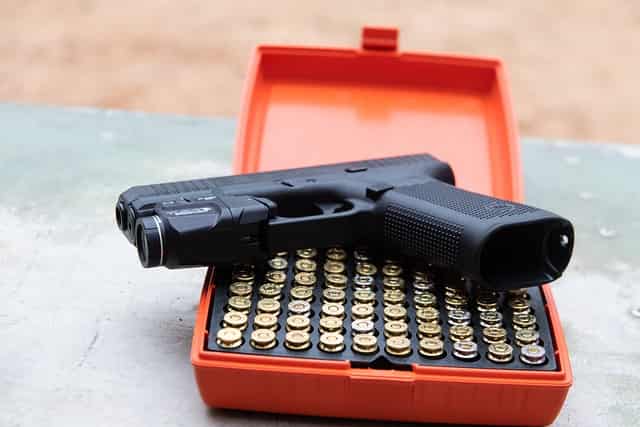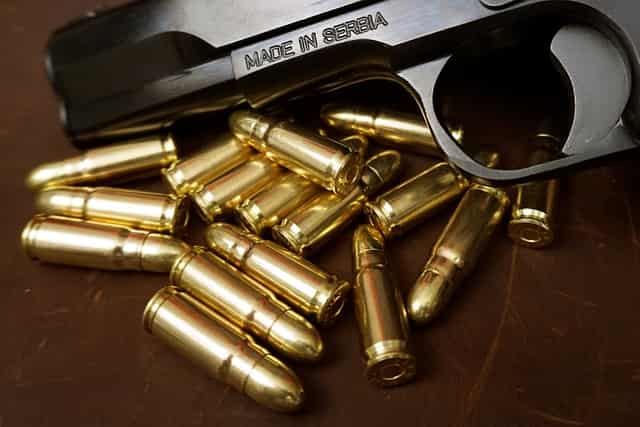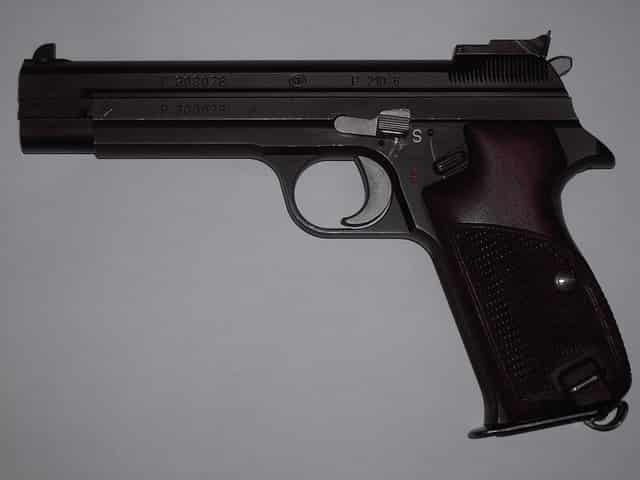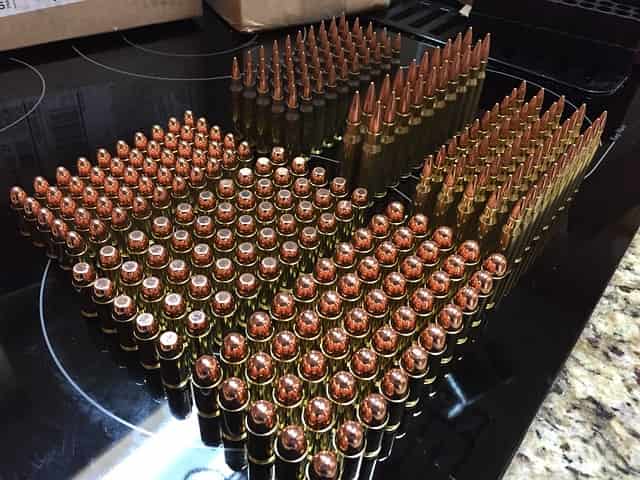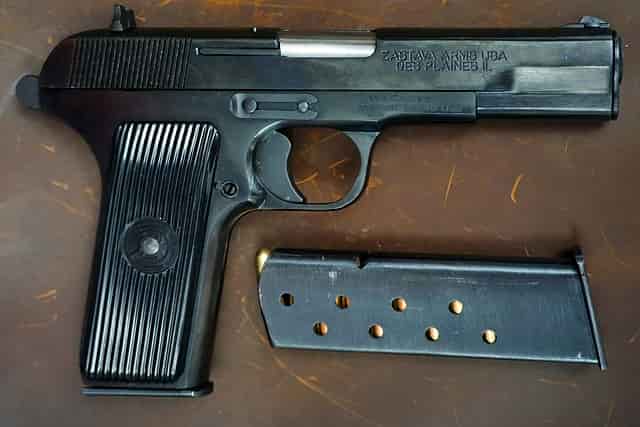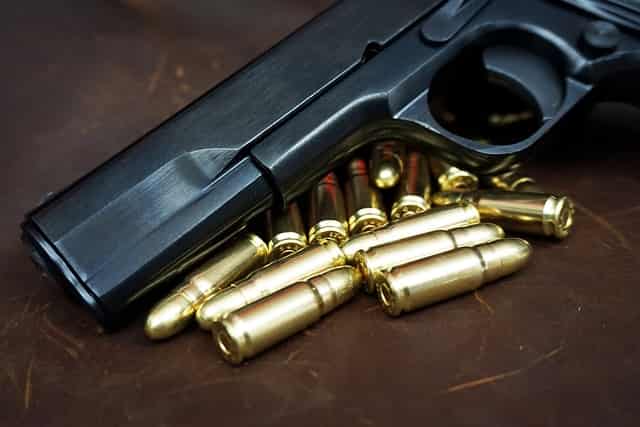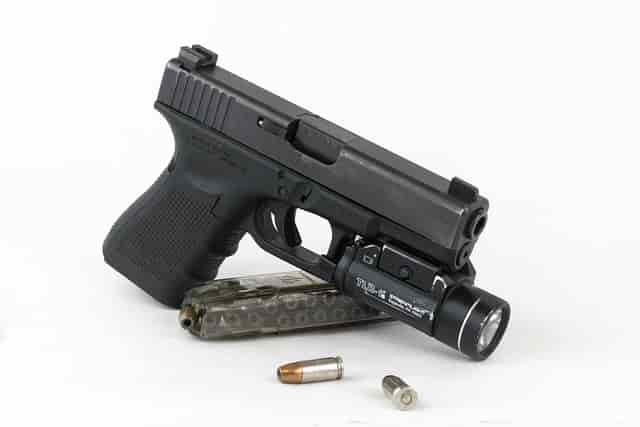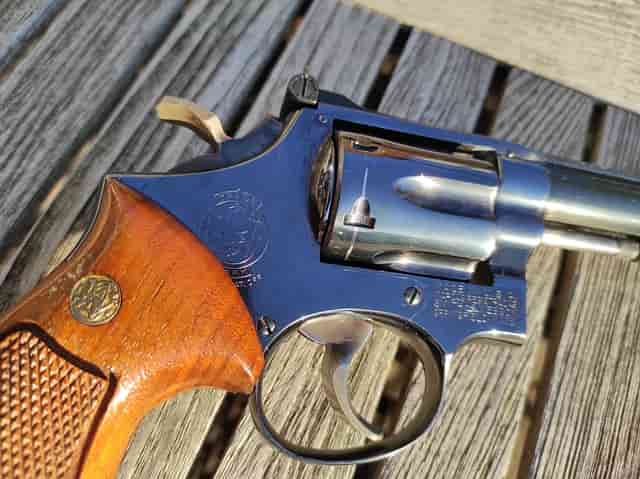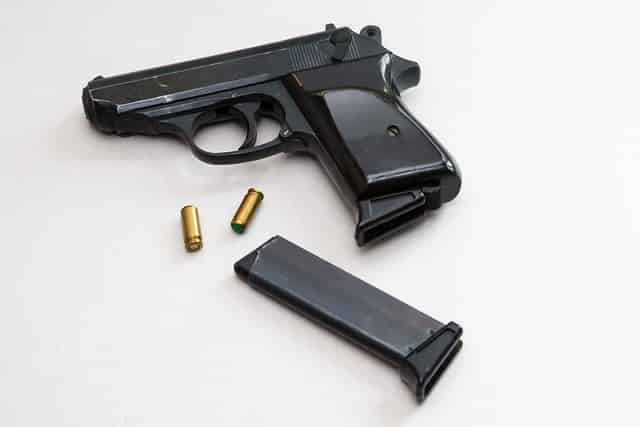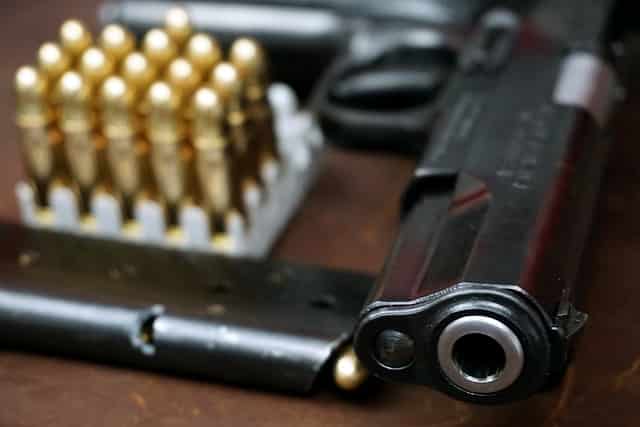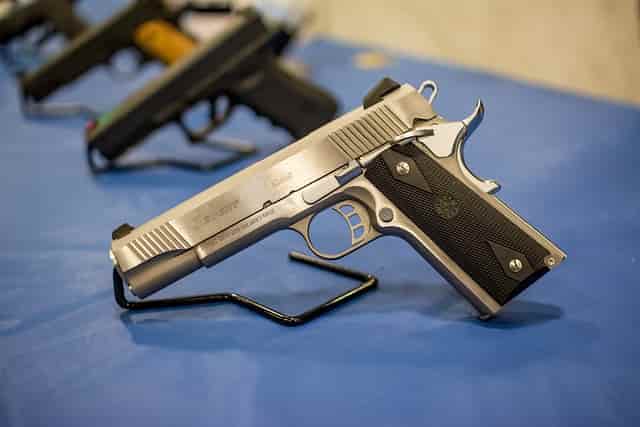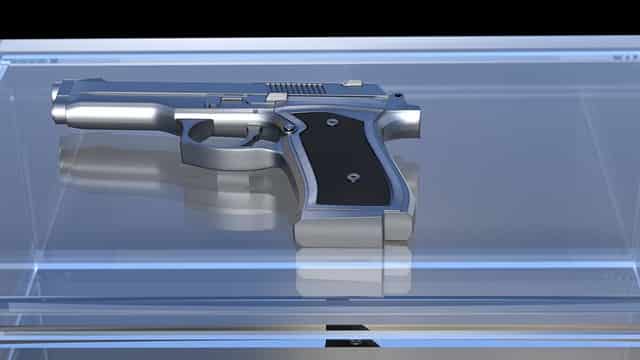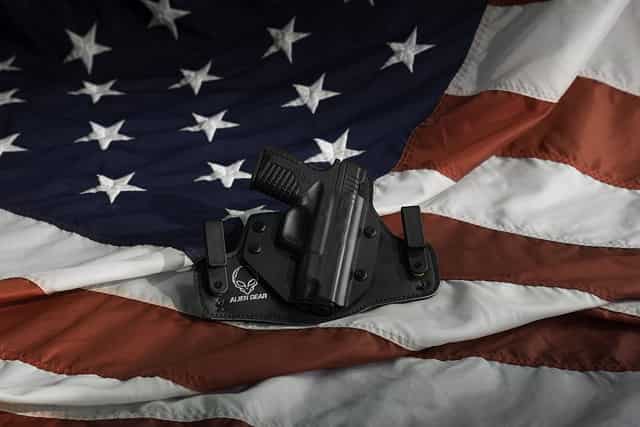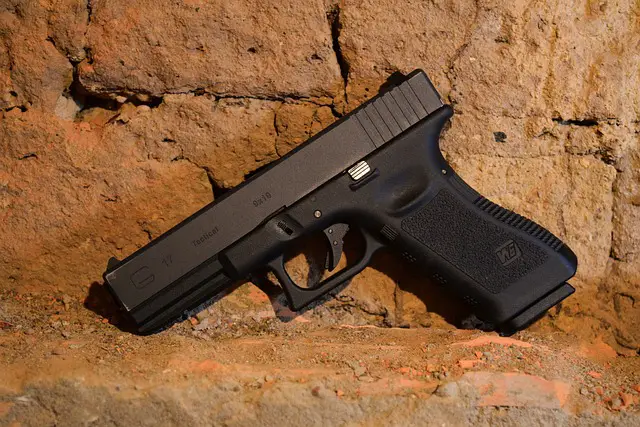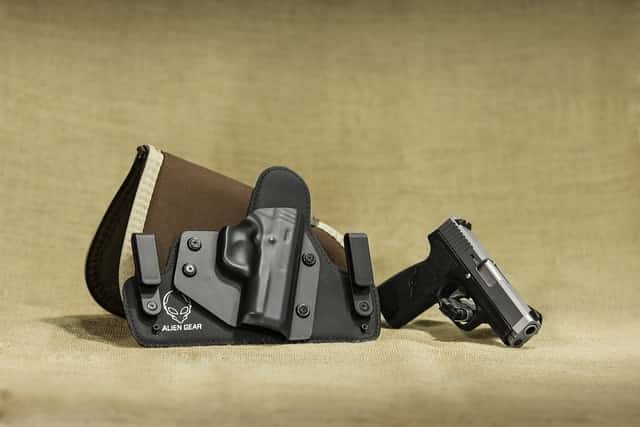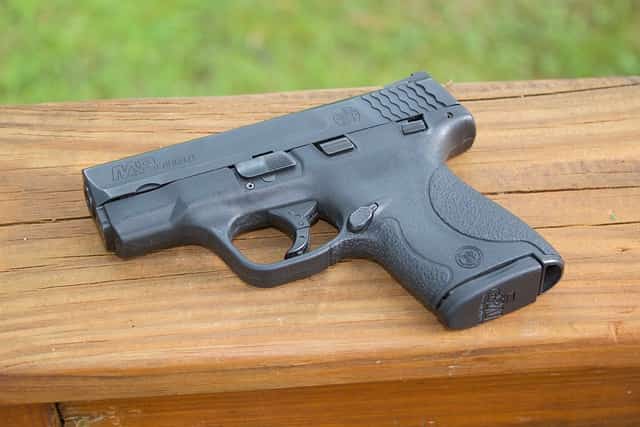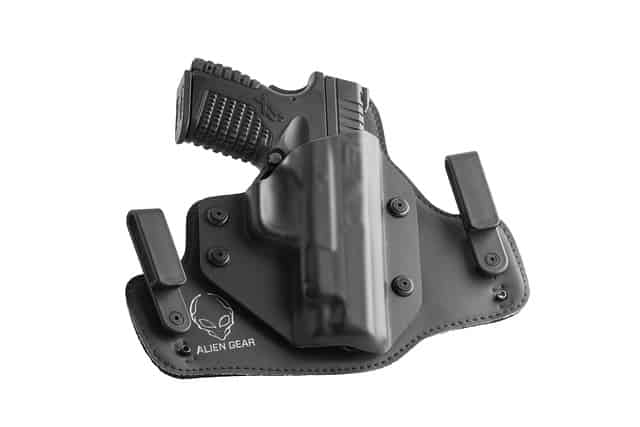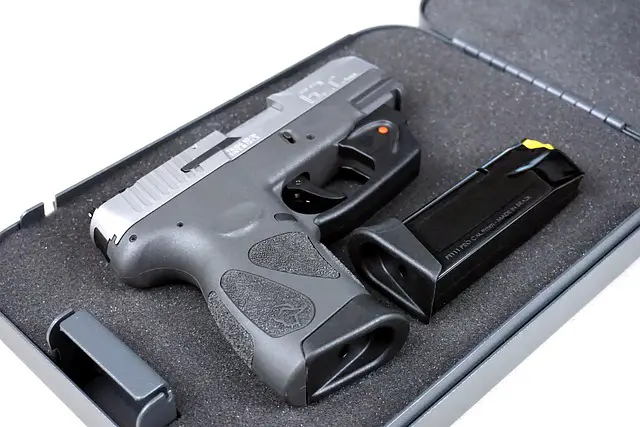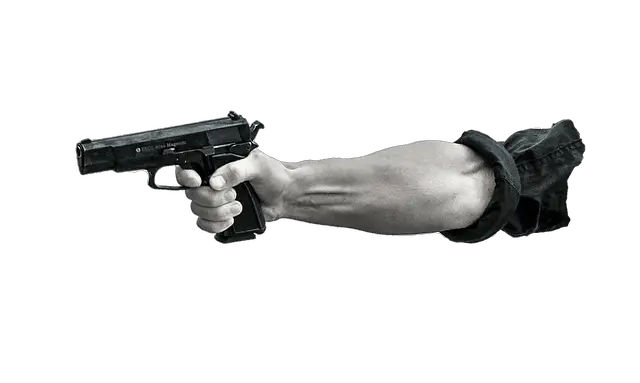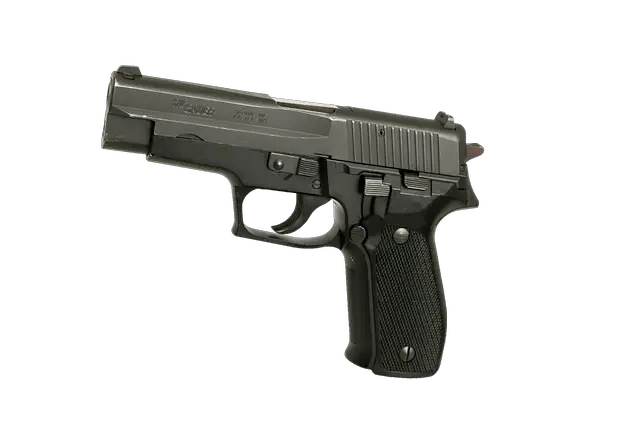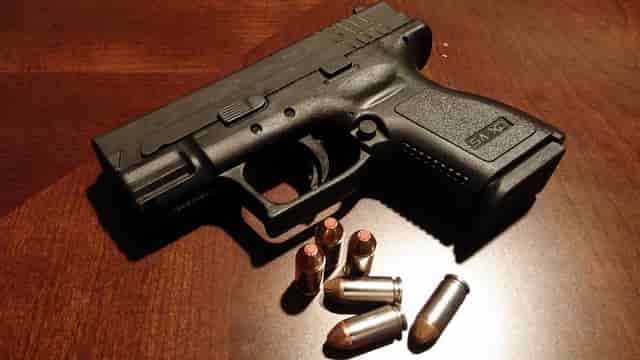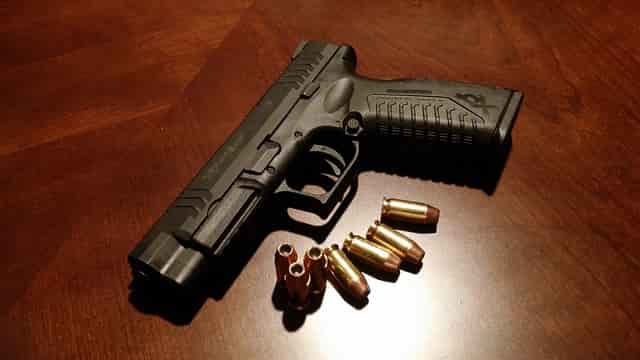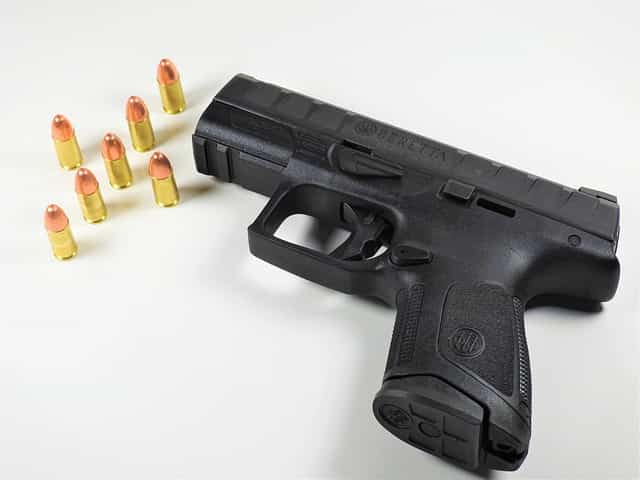
Concealed Carry Kentucky Overview
In Kentucky, if you’re interested in carrying a concealed deadly weapon, it’s crucial to be aware of the state laws and regulations that govern this right. The Commonwealth of Kentucky acknowledges the safety and security concerns of its residents, and as a result, provides the opportunity for you to obtain a Concealed Carry Deadly Weapons (CCDW) license.
Under KRS 237.110, you have the avenue to apply and renew a CCDW license. Post Senate Bill 150, which passed in 2019, Kentucky also allows individuals over the age of 21 to carry concealed firearms without a permit within the state. However, obtaining a CCDW license has its benefits, including reciprocity with other states that recognize Kentucky’s concealed carry permits.
Eligibility Requirements:
- You must be a Kentucky resident.
- You must be 21 years or older.
- You must not be prohibited from possessing a firearm under federal or state law.
Application Process:
- Complete a firearms safety or training course.
- Submit your application online through the Kentucky State Police website.
- Provide necessary documentation, such as a photocopy of your driver’s license.
Training courses are vital, as they cover essential topics like lawful justifiable force, citizen’s arrest, firearm transport, and more. To find local CCDW courses, resources are available such as the Kentucky Concealed Carry Classes And Resources and platforms to Find Local CCW Courses in Kentucky.
The CCDW license acts as proof of your legal and responsible approach to concealed carry, so even with permitless carry in effect, you may find value in the educational and legal advantages of being CCDW certified.
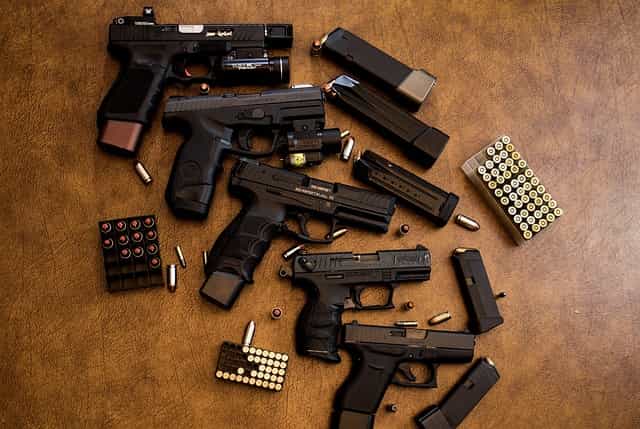
Eligibility and Legal Requirements
To legally carry a concealed deadly weapon in Kentucky, you must navigate through state-specific regulations and complete a defined application process. Understanding these legal requirements is crucial for Kentucky residents interested in obtaining a CCDW license.
Understanding State Regulations
Kentucky state law mandates that you must be at least 21 years of age and a legal resident of Kentucky to be eligible for a Concealed Carry Deadly Weapons (CCDW) license. It’s important to check that you have not been convicted of a felony, which would disqualify you from obtaining a permit. Additionally, specific misdemeanor convictions, including those termed as a Class A misdemeanor, could also prevent you from becoming a licensed carrier.
A critical part of being eligible for a CCDW license is passing a thorough background check conducted by the Kentucky State Police. This background check serves to ensure that all applicants meet the necessary legal standards, and provides an additional layer of safety by screening for past behaviors that could indicate potential risks if a person is allowed to carry a concealed weapon.
Application Process for CCDW License
Your journey to acquiring a CCDW license begins with completing the required training. The course must be approved by the Kentucky State Police and typically lasts between 6-8 hours. After you have completed the course and obtained your training certificate, the next step is to fill out the CCDW application.
You must submit your application through your local sheriff’s office, and you’ll need to provide proof of identity and residency. Remember to include the relevant payment for the application fee, which can be sent to the designated P.O. Box addressed to the Kentucky State Police.
Once your application has been successfully submitted, the wait time can vary, but you will be notified upon completion of the review. Keep in mind that staying informed about the ever-evolving state regulations is paramount to ensuring you maintain the validity of your permit.
By diligently following these guidelines, you, as a Kentucky resident, can legally carry a concealed weapon and exercise your rights within the framework of the law.
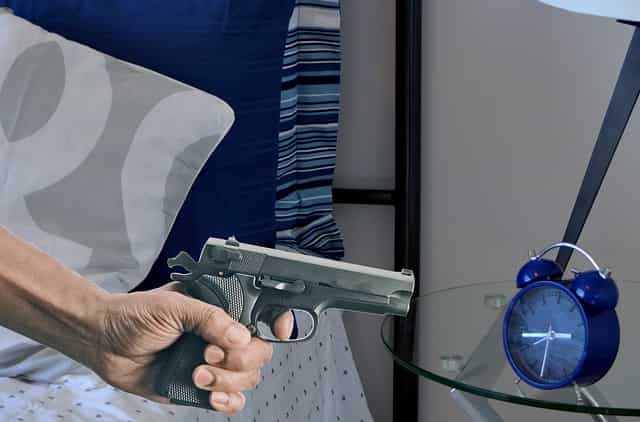
Certified Training and Education
In Kentucky, obtaining a Carrying Concealed Deadly Weapons (CCDW) permit requires completing certified training. This education ensures that you have the knowledge and skills necessary for safety and legal compliance.
Selecting Certified Instructors
When you enroll in a course for concealed carry, choosing the right instructor is pivotal. Certified instructors have been thoroughly trained and vetted by authorities like the Department of Criminal Justice Training (DOCJT). To ensure the quality and legitimacy of your education, confirm that your trainer has a valid training certificate and is recognized by the Kentucky State Police for providing firearms training. You can find certified instructors who are prepared to deliver CCDW courses across Kentucky through Docjt.
Course Curriculum and Certification
The course curriculum for CCDW includes legal aspects of carrying concealed firearms, handling and storage, and firearm safety. Upon completing the course, you should receive a training certificate, which serves as proof of your qualification and is necessary when applying for your CCDW permit with the Kentucky State Police. It is essential that the coursework follows state guidelines and covers all critical aspects of firearms training including the proper use, handling, and storage of a firearm. To acquire your certification, you’ll need to demonstrate proficiency in these areas. You can enroll in a course and find more details on the KY State Police’s CCDW program.
By focusing on these key education and training elements, you’re taking an important step towards responsible and legal firearm ownership and usage in Kentucky.
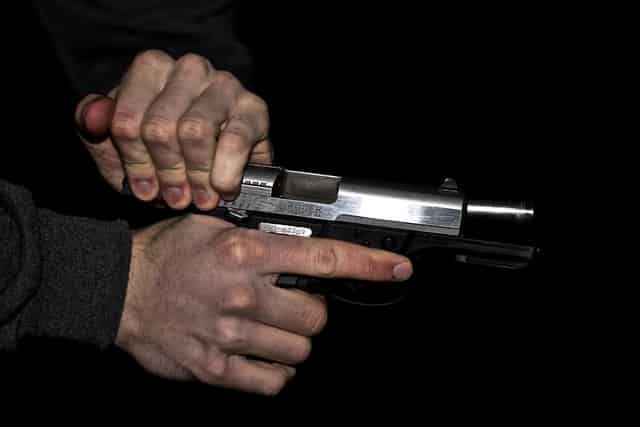
Safety and Handling Fundamentals
When carrying a concealed weapon, understanding how to handle firearms safely and responsibly is crucial. The following information provides valuable guidelines to help you maintain safety at all times and adequately fulfill your duties as a gun owner.
Proper Usage of Firearms
To ensure the safe handling of firearms, always follow the fundamental rules of firearm safety: treat every firearm as if it were loaded, maintain muzzle discipline by pointing firearms in a safe direction, keep your finger off the trigger until you are ready to shoot, and always be sure of your target and what is beyond it. Courses provided by KY Concealed Carry Classes cover shooting fundamentals and safety issues related to owning and operating a firearm.
- Remember: Always use ear and eye protection when shooting.
- Check: Your firearm should be regularly inspected and maintained.
Responsibilities of Gun Ownership
Being a responsible gun owner means understanding and respecting the laws concerning firearms. Your responsibilities include understanding the legal aspects of carrying a concealed weapon and the use of deadly force. It’s also your duty to store firearms securely, preventing access by unauthorized users, which is an aspect highlighted in the training by providers such as Louisville Armory.
- Store Safely: Use gun safes or locked cabinets to store your firearms and ammunition separately.
- Stay Educated: Continually refresh your knowledge on firearm usage and safety.
Registration and Class Enrollment
When you decide to enroll in a course for concealed carry in Kentucky, understanding the registration process is crucial. Getting started with CCDW classes involves several straightforward steps.
First, research and select a certified instructor who offers the appropriate training. Various local CCDW courses can be found, allowing you to choose one that fits your schedule and location preferences. For example, you might consider classes facilitated by the Department of Criminal Justice Training or look into classes listed by Kentucky State Police.
Once you have picked a course, initiate the registration process by clicking on the “register now” button typically visible on the organization’s class description page. If you’re evaluating opportunities through resources like Shooting Classes, they provide the ease of creating a student profile, streamlining your registration for future classes.
Per the class schedule, ensure you comprehend the specific dates and times, as well as any prerequisites for your chosen course. Most courses require pre-class registration, often with a non-refundable payment needed to secure your spot.
Important details to consider while registering:
- Verifying the class schedule for date and time.
- Completion of any necessary pre-registration forms.
- Awareness of course fees and acceptance of any non-refundable terms.
- Preparing required materials or documents for your first day of attendance.
Remember to arrive early for your selected class, making a positive start to your CCDW training experience.
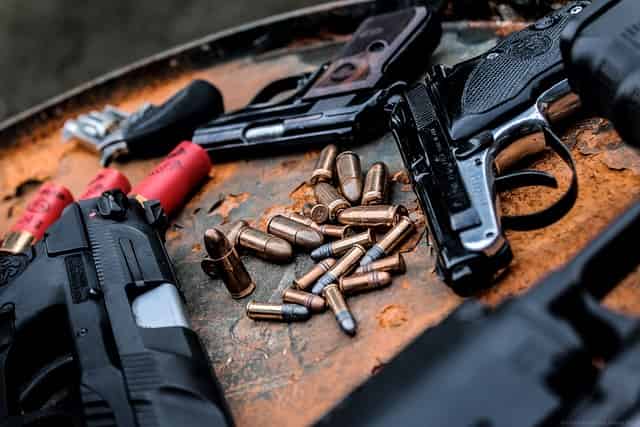
Concealed Carry Community Involvement
In the Commonwealth of Kentucky, your involvement in the concealed carry community can span various activities, fostering both skill development and legal awareness. Louisville, for example, is ripe with opportunities for you to engage with fellow concealed carry permit holders.
Training and Education
- Courses: By enrolling in Kentucky Carrying Concealed Deadly Weapons License Course, you can understand the nuances of firearm safety and the responsibilities of carrying concealed.
- Seminars: Participate in community-hosted seminars to stay updated on legislation changes and concealed carry best practices.
Community Events
- Shooting Ranges: Frequent local ranges to practice your marksmanship and network with other license holders.
- Fundraisers: Support or organize fundraisers for firearm safety initiatives and local law enforcement agencies.
Advocacy and Responsibility
- Practice responsible ownership and advocate for the safety of your community. Your actions speak volumes about the concealed carry populace in Kentucky.
- Meetups: Join or form groups that meet regularly to discuss topics pertinent to concealed carry.
By engaging with the concealed carry community, you contribute to the collective knowledge, safety, and responsible practices within Louisville and across Kentucky.
Frequently Asked Questions
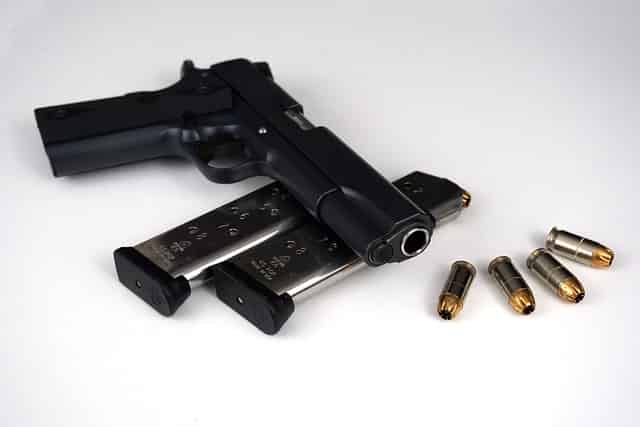
Before you consider carrying a concealed weapon in Kentucky, here are some of the key points you need to know. These FAQs cover the basics of what’s required for concealed carry classes in the state.
What are the requirements to enroll in a concealed carry class in Kentucky?
To enroll in a concealed carry class in Kentucky, you must be at least 21 years old and legally permitted to possess a firearm.
How long does a concealed carry certification course last in Kentucky?
A typical Kentucky concealed carry certification course lasts approximately eight hours, which can be completed in one day.
Can non-residents participate in Kentucky’s concealed carry classes?
Non-residents may attend concealed carry classes in Kentucky, but they should verify their eligibility, as the issuance of permits depends on reciprocal agreements with other states.
What topics are covered in a typical Kentucky concealed carry training course?
Training courses typically include instruction on Kentucky’s laws regarding the use of deadly force, firearm safety, handgun handling, and responsible carry practices.
Do I need to pass a background check to attend a concealed carry class in Kentucky?
Yes, a background check is necessary to qualify for a concealed carry license in Kentucky, which is a prerequisite for attending the class.
Is there a minimum age requirement for attending a concealed carry class in Kentucky?
You must be twenty-one years of age or older to attend a concealed carry class in Kentucky.
Have you ever thought about buying ammo online?
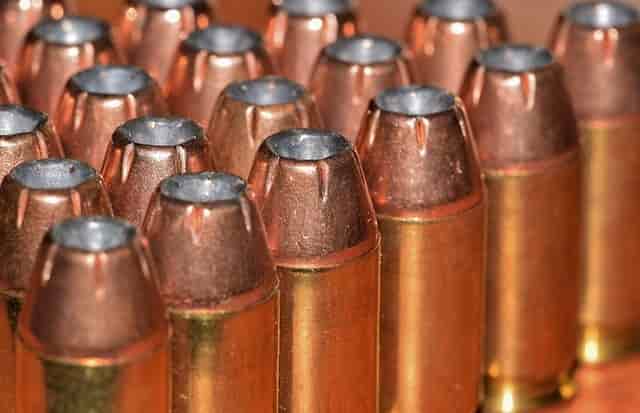
I’m telling you it’s so easy with Lucky Gunner! The ammo shown on their site is guaranteed to be in stock and will ship fast. I heartily endorse Lucky Gunner and so do their many customers.
“Okay, so far I’ve dealt twice with LuckyGunner, and all I can say is, I LOVE YOUR COMPANY!!!!
Imagine: only items in stock are advertised. Who’da thunk, eh? The more highly advertised ones – Cheaper Than Dirt, Cabela’s, et. al. – will put you on backorder forever and a day. But LuckyGunner – I ordered 500 shells of .45 ACP (hard to get in this “shortage”) – and there it was at my address. No backorders, no bull. Business as it should be.
Yes, I’m telling my friends! I’m constantly writing down your addy on bits of paper (and running out of the latter), spreading the joyous news, “No backorders! No bull! Try LuckyGunner.com, you won’t be sorry!” Thank you for being there for an ammo-starved public. And, thanks for the SUPERB customer service.”
— Walter J., Silverdale, WA —

